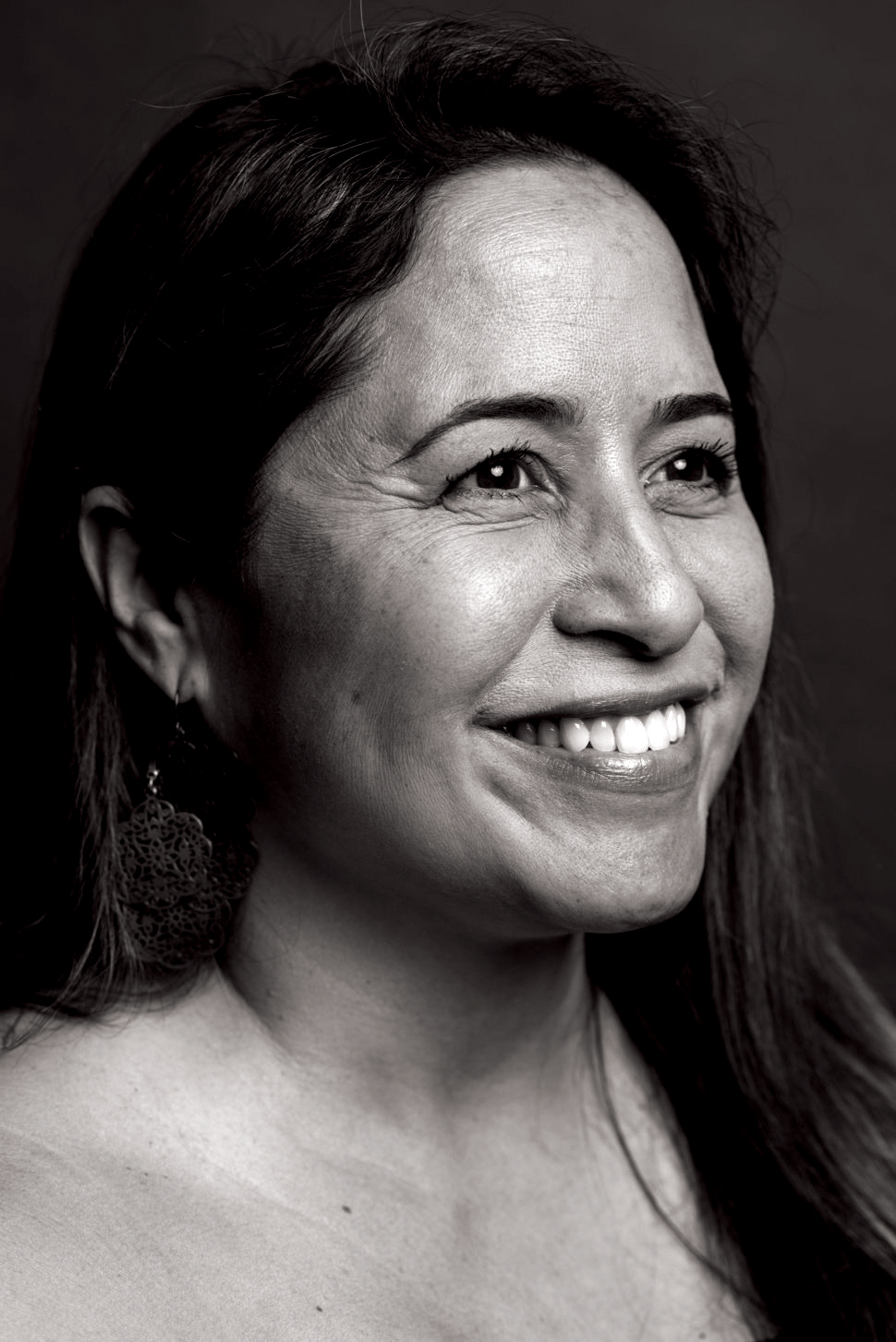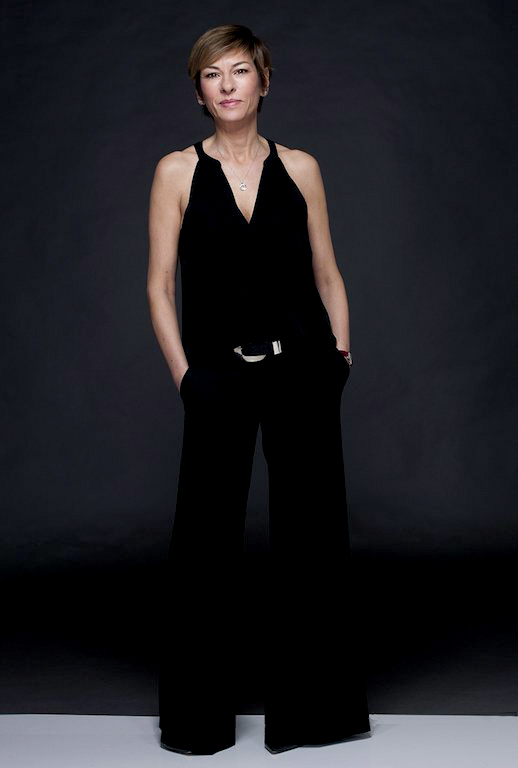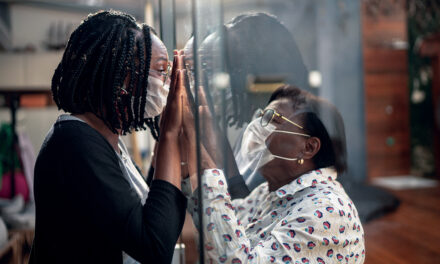The demise of a marriage can feel like the end of everything when you’re going through it. But with the right support and
resources, you can come through it empowered and ready for the next phase of your life.
In the days leading up to my wedding, which was planned to be perched idyllically on a lush arboretum hillside, Hurricane Isabel shredded the Outer Banks and barreled up the East Coast from Cape Hatteras, NC. My 26-year-old self churned on it for a while, imagining a rained-out wedding day. But somewhere during those days, I stopped listening to weather reports, and we even joked about naming our first child Izzie. After all, when you’re in the beginning, it feels like your relationship can weather anything.
And during my 15-year marriage, we faced plenty of storms. We lost loved ones. We had two babies (and toddlers, yikes). We lost jobs. Then we worked together, which brought its own set of frustrations and difficulties. But we walked through the world hand in hand, and our lives were oriented around our marriage—our family.
But it turned out there was something our marriage couldn’t weather, which was the painfully slow and then frighteningly fast realization that I am gay. Shining a light on that part of myself led to the most agonizing and terrifying period of my life as my marriage unraveled, and the Earth stopped rotating and the moon hid from sight.
The months before we officially decided to end our marriage felt like driving through a blinding snowstorm, my hands clenching the wheel, my eyes straining to see the road ahead, and the car shimmying sickeningly across the slick pavement. I was wracked with guilt over the agony I was causing my husband and the unknown torment my children would face as the kids of divorced parents. Now on different sides of the line, we fought, flinging blistering words at each other. I cried every day, sometimes all day.
I mourned the loss of my relationship but also the future I thought was ahead.
We were raw, laid bare. And suddenly, our memories, friends, and home were being sifted through and divvied up, along with our money, bank accounts, and even our turquoise Anthropologie dishware.
But here I am on the other side. I realized that, despite how common divorce is and how much I thought I understood about it, I had no worldly idea what it really felt like to live through. While we think of divorced people as a monolithic group, we are anything but that. We divorce for a million different reasons from infidelity to reclaiming ourselves, and the circumstances often determine how bitter or amicable the break up will be.
To get to the bottom of what we misunderstand about divorce, I reached out to other recently divorced women or those still going through the process to better understand what makes it so brutal and how you can do it without losing yourself.
Here is what I learned.

Suddenly, our memories, friends, and home were being sifted through and divvied up, along with our money, bank accounts, and even our turquoise Anthropologie dishware.
There’s this natural progression: you go to high school, college, get a job, get married, and live happily ever after. That’s what we’re taught. So, it was harder for me to lose the idea of what my life was supposed to be than losing that person specifically.
“YOU LOVED ME YESTERDAY, AND NOW I’M THE ENEMY.”
A few days before New Years of 2018, Lauren Magee’s husband told her he was moving out, and he wanted a divorce. Married for 9 years, their relationship became truculent after their second daughter was born in 2014. “I forgave an affair and worked through trust issues for another 4 years,” she says. “I loved him and was really committed to making it last.” But in a blink, it was over. “Just the week before, we were making decisions about the business, talking about the kids, but once he said he was leaving, I lost more than just my romantic partner. I lost my friendship with someone I’ve known for a long time,” Magee says. “We became adversaries right away. In my mind, I thought, You loved me yesterday, and now I’m the enemy.”
Fortunately, Magee’s friend is a divorce attorney, and within weeks, Magee and her husband had drawn up a custody agreement, and they were outlining the settlement agreement. The fact that her attorney was also a friend helped Magee create an immediate roadmap and separate truth from fiction. “My attorney said, ‘This is not a person you should be married to anymore. This isn’t what you wanted, but you need to start making even small decisions, taking back some of your power.’ Anything you can do to move forward will help you deal with the shock of it,” she says. “She told me straight up that Pennsylvania doesn’t care who is at fault in the divorce, and that helped me in the long run. ”
Having a clear understanding of state laws and someone close to you who is willing to give you hard truth in a caring way is important to avoid getting caught in the divorce avalanche, says Karen Bigman, CDC Certified Divorce Coach® who started The Divorcierge, which helps people navigate the process. “You go from living the life you expected when you got married to facing a new family dynamic, different logistics, becoming single, financial challenges, changes in your social circle, supporting your children, the list goes on. At the same time, you’re being asked to gather all your financial documents for the last 3-5 years when you may barely be able to get out of bed,” she says. “Your spouse may be bullying or evading you. If you’re a parent, you’re also navigating conversations around the divorce with family, colleagues, parents at school, teachers, etc.”
Although it was hard to hear at the time, Magee says her ex’s blunt insistence that he wanted out of the marriage helped her move forward and make the best decisions for her future. “In retrospect, I think you should be as honest as you can be with the tools you have at the time to yourself and your partner,” she says. “Dealing with someone who is giving you hard truth might feel mean in the moment, but it’s actually the compassionate thing to do. Make sure you have no regrets. If you can, hit that turning point knowing you did everything you could.”
Magee, like so many women, battled shame and fear of stigma, which she says she still fends off from time to time. Erin Levine, founder and CEO of Hello Divorce, says that even though almost half of all marriages end in divorce, the culture of divorce remains stigmatizing. “Women often feel guilty, ashamed, and believe they have failed. The truth is you are not a failure. You aren’t broken,” she says. “Very few people wake up one day and decide they want a divorce. Most people agonize for years and make every effort to save their relationship. Ultimately, some people are better apart—and by reorganizing their families in a way that makes sense for them—they model healthy and happy lives for their children.”
You can cultivate joy that does not depend on another individual. Ultimately, your happiness depends on you.

“IT’S GOING TO SUCK FOR A WHILE.”
While Magee still feels sadness and pain, she says much of what she misses has to do with missing being married and not so much about her husband. “I’m divorced and don’t have my husband anymore, but the things I grieve aren’t really about him. My kids have firsts without me that I’m not a part of because they have another life now,” she says. “And being single again is daunting. Figuring out the bills and the business of running your own life on your own can be hard, too.”
However, Magee leaned into her career as a realtor, an aspect of her life in which she had a great deal of confidence, and it helped her rediscover herself. “Working or finding something that makes you feel good about who you are by yourself helps so much. I reclaimed my business and did it my way, and I had my most successful year since I started. Those little victories are so empowering.”
Maria Leonard Olsen, attorney and author of 50 After 50—Reframing the Next Chapter of Your Life says reacquainting yourself with interests and friends you may have neglected during your marriage is a good place to start. “You can cultivate joy that does not depend on another individual,” she says. “Ultimately, your happiness depends on you.”
She also acknowledges that divorce stigma is still a factor many people contend with from their communities, friends, and even employers. At the same time, the stigma attached to seeking counseling has diminished somewhat, so more people are willing to see therapists and get emotional support.
And, no matter how together they seem or how on top of their finances, people need all the help they can get when they are going through a divorce. “If you’re trying to be there for someone, validate how they are feeling, and don’t try to give them the silver lining,” Magee says. “Tell them it’s going to suck for a while. Don’t make them feel bad for feeling bad, because it’s one of the hardest things you’re going to go through. It changes family and friends, your job, your sex life, your health. Other than serious health-related things, there’s almost nothing else that touches every part of your life like divorce.”
Lawyers are experts on the law, and they may explain why something makes sense or not, but they should never tell you what you need—only you know that.

NAVIGATE THE PROCESS
Karen Bigman started the Divorcierge because she knows firsthand how tricky it is to navigate divorce when you’re under duress. Here’s a bit of wisdom from the master.
What made you want to get into this work?
My husband and I were married for 24 years when we separated. My youngest was a senior in high school. I had been a stay-at-home mom most of my life, and I was also the one to move out of the family home, which is unusual. We chose to go through mediation without any additional consulting attorneys who might’ve stirred up the pot. I have a lot more knowledge today that might’ve benefited me somewhat, but at the end of the day, I’m very happy and have built a great life for myself. I get along with my ex, and we can all be in a room together with the kids, which makes life a lot less stressful.
I started my business after bumping into a friend at the bank who was post-divorce, trying to get a credit card and open up a bank account. She was very overwhelmed. After 25-plus years with her ex-husband, she was faced with all the administration of her own personal finances and household for the first time. I helped her get organized and provided a shoulder to cry on. The idea of a concierge service for divorce was born out of that experience. The idea was validated at a class I took on Entrepreneurship at Harvard. I then got certified in Divorce and Life Coaching.
Once I went through my own divorce, I realized how much emotions cloud our judgment and paralyze us. I use my experience and understanding of the emotional challenges to help in all aspects of the divorce process. I also get to bring in my business acumen to the mix which really helps with the tactical and practical aspects that many people in the midst of divorce can’t really cope with.
Where do we often go wrong during the divorce process?
It depends. If a woman has been in an abusive marriage (many of my female clients are married to men who have been emotionally abusive or, at a minimum, have very strong personalities), they may get bullied either by their ex or by their lawyer. I’ve seen an interesting phenomenon where people hire attorneys who resemble their spouse. You need to be in control of your divorce—you can’t rely on an attorney to know what’s best for you. Lawyers are experts on the law, and they may explain why something makes sense or not, but they should never tell you what you need—only you know that.
On the flip side, people believe they will get justice for being wronged in the marriage. I heard the expression “divorce law vs. divorce justice” on a podcast. I think that’s a really good way to put it. Hanging on to anger and digging your heels in because you want to get back at your spouse because he cheated doesn’t serve you, and in most states, unfortunately, it won’t get you any more money or assets. Divorce is lousy no matter what, nobody wins—your idea of fair and mine are very different. If you go in with a win-at-all-costs mentality, you’re in for a costly, unsatisfying battle.
The other mistake I see is feeling compelled to keep the family home for the children without really understanding what that means from a financial perspective. Research shows that kids suffer from the conflict of divorce more than anything else. Yes, it would be hard to move to a new home and possibly even start a new school, however, if you’re a supportive and loving parent, your kids will be okay wherever they live.
— Karen Bigman is a Certified Life Coach (CPC®) and CDC Certified Divorce Coach®. She holds a B.S.B.A. from Boston University and a M.B.A. from Columbia Business School. Karen has also completed Harvard Business Schools’s Executive Education Program, A New Path: Setting New Directions.





